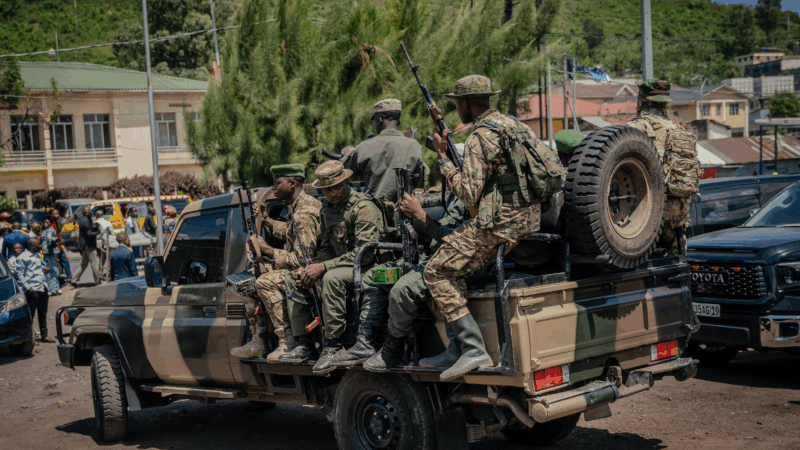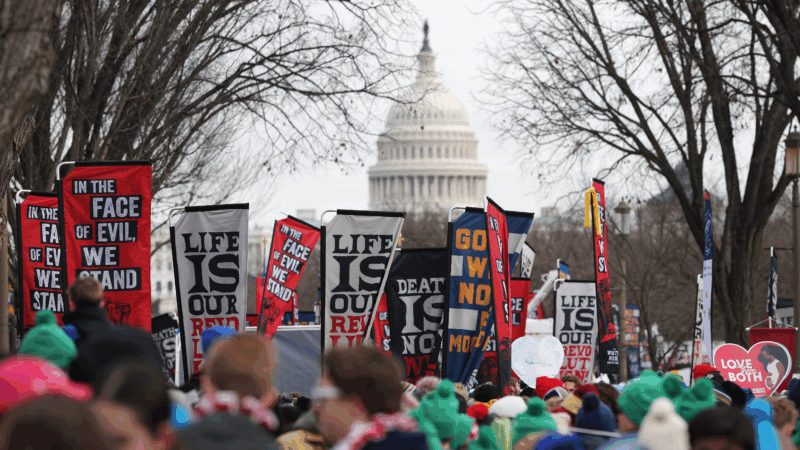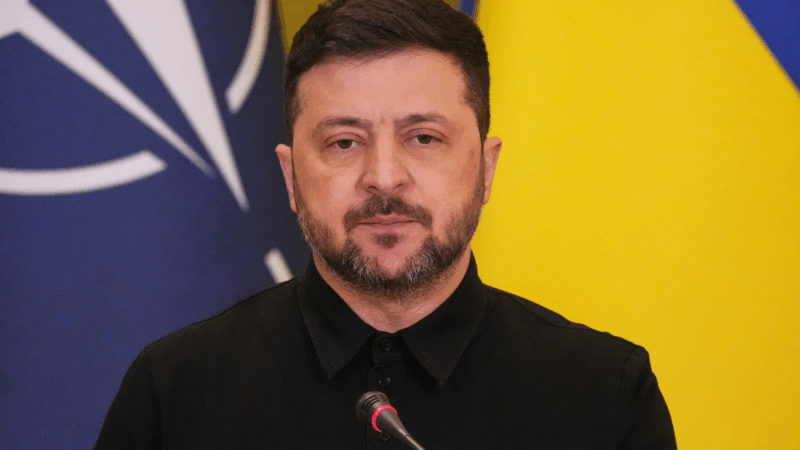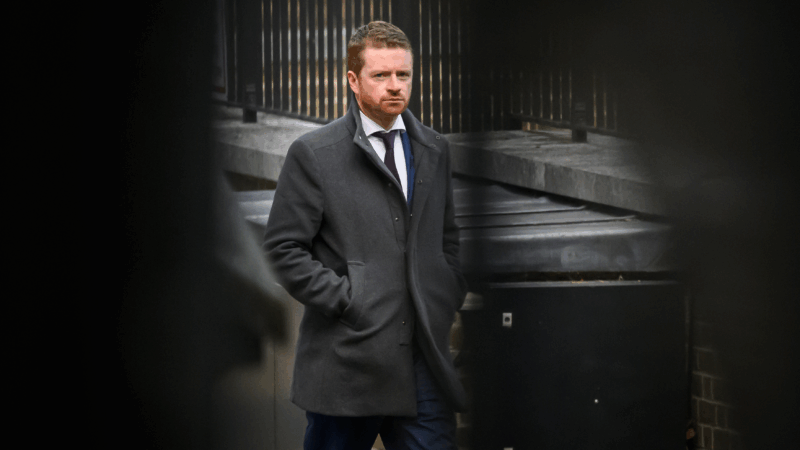Massacres in eastern Congo cast doubt on U.S. mediated peace deal
KINSHASA, Democratic Republic of Congo — Rwandan backed M23 rebels in eastern Democratic Republic of Congo killed 141 villagers in July, Human Rights Watch said Wednesday, despite hopes that President Trump-backed peace talks would end long-running violence in the troubled region.
The rights organization found that the rebels committed massacres in at least 14 villages in the province of North Kivu, in eastern Congo, between July 10 and 30.
The attacks targeted mostly ethnic Hutu villagers, according to Human Rights Watch, as part of an apparent military campaign by the M23 against the Hutu extremist militia Democratic Forces for the Liberation of Rwanda, or FDLR.
Eastern Congo, home to vast reserves of critical minerals, has endured armed conflict for more than three decades. The violence traces back to the aftermath of the 1994 genocide in neighboring Rwanda, when the Hutu-dominated regime collapsed and millions of people — including Hutu extremists — fled into Congo. Their arrival fueled a cycle of wars and instability that continues today. The U.N., U.S. and many regional governments say the M23 rebellion, which grew out of earlier Tutsi-led militias in the region, now operates as a proxy force for Rwanda’s interests.
The scale of the recent killings in North Kivu is likely larger than reported by Human Rights Watch, which compiled a list of the people either killed or feared dead.
Referring to the same armed campaign, the U.N. announced in early August that the M23 had killed at least 319 villagers in North Kivu, citing firsthand accounts gathered by U.N. rights investigators. Rwandan soldiers reportedly took part in the M23 operations.
Both Rwanda and the M23 have disputed the UN’s findings.
Congolese Tutsis lead the M23 rebellion, which began major armed operations again in late 2021 after years of dormancy, with the backing of Congo’s smaller neighbor Rwanda.
Early this year, the violence escalated dramatically. M23 fighters and Rwandan troops captured eastern Congo’s two largest cities Goma and Bukavu, in a lightning offensive.
With fears that the M23 was threatening to topple the Congolese government and of regional war erupting in central Africa, the Trump administration applied heavy pressure on both Congo and Rwanda to stop the fighting.

Congolese and Rwandan leaders signed a peace agreement on June 27 in Washington, which provides for Rwandan troops withdrawing from Congolese territory, as well as for Congolese forces dismantling the FDLR militia — which Rwanda views as an existential threat.
But since then there’s been virtually no change on the ground in eastern Congo, despite President Trumps frequent claims to the contrary. Speaking as recently as Friday Trump told Fox News “I’ve settled wars that have gone on for 35 years, a couple of them, and, you know, the Congo and Rwanda, that was 31 years. I think, 8 million people dead with machetes. A lot of machete deaths. They walk in. The machetes are swinging all over the place. What a horrible situation. And we got it settled.”
Separately, the Congolese government is also negotiating with M23 rebels. In late July, the two sides signed a so-called “declaration of principles” in Qatar’s capital Doha that is meant to lead to a ceasefire and then permanent peace agreement.
Clashes between the M23 and Congolese government military have also resumed in recent weeks, raising more fears that the peace process could be derailed. On Tuesday, the Congolese army said that the M23 was committing “incessant attacks” on its positions, “in flagrant and intentional violation of the Washington peace accord and the Doha declaration of principles.”
The M23, for its part, stated that the Congolese army was “carrying out systematic, criminal attacks on densely populated areas using kamikaze drones and heavy artillery.”
Congo’s foreign ministry also stated on Wednesday that the civilian massacres in North Kivu reported by Human Rights Watch and the U.N. “cast a grave shadow over the sincerity and commitment of stakeholders to the Washington peace agreement and the ongoing Doha talks.”
Seahawks win Super Bowl title, pounding the Patriots 29-13
Seattle's "Dark Side" defense helped Sam Darnold become the first quarterback in the 2018 draft class to win a Super Bowl, to win the franchise's second title.
No, that wasn’t Liam Conejo Ramos in Bad Bunny’s Super Bowl halftime show
A publicist for Bad Bunny confirmed to NPR that the little boy in a blue bunny hat detained by ICE in Minneapolis last month did not participate in the Super Bowl halftime show.
March for Life attendees may have been exposed to measles, DC Health warns
D.C. health officials are contacting people possibly exposed to measles at the March for Life in January, as confirmed cases rise nationwide.
U.S. gave Ukraine and Russia June deadline to reach peace agreement, Zelenskyy says
"The Americans are proposing the parties end the war by the beginning of this summer," Zelenskyy said, speaking to reporters on Friday.
U.K. leader’s chief of staff quits over hiring of Epstein friend as U.S. ambassador
British Prime Minister Keir Starmer's chief of staff resigned Sunday over the furor surrounding the appointment of Peter Mandelson as U.K. ambassador to the U.S. despite his ties to Jeffrey Epstein.
Trump administration lauds plastic surgeons’ statement on trans surgery for minors
A patient who came to regret the top surgery she got as a teen won a $2 million malpractice suit. Then, the American Society of Plastic Surgeons clarified its position that surgery is not recommended for transgender minors.








